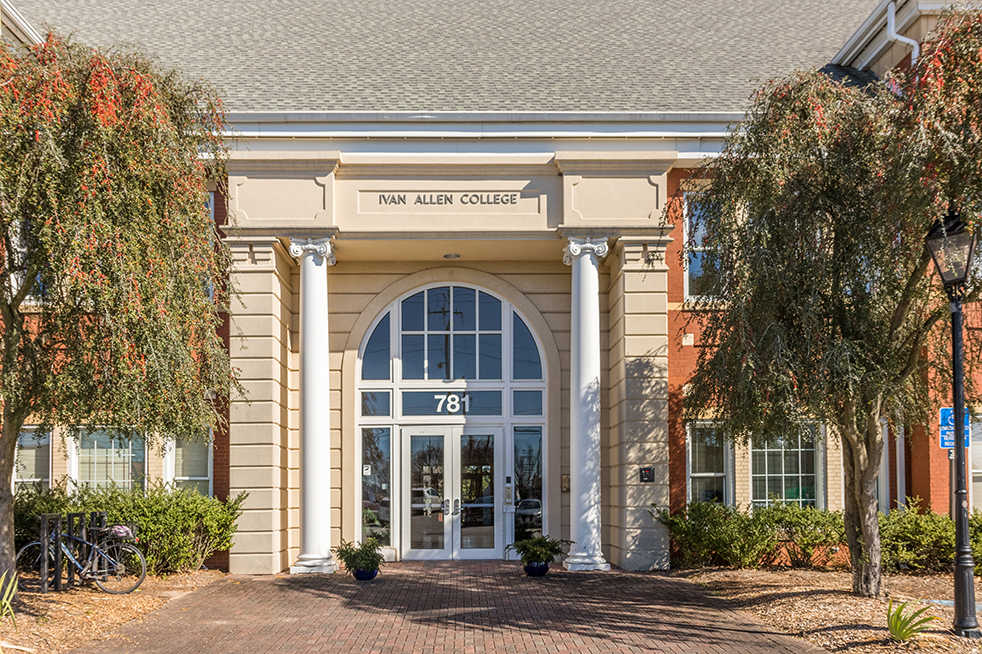When second-year Meghan Lowther says she studies International Affairs (INTA) at Georgia Tech, she gets what she likes to calls “the look.”
“More specifically, the look I get is the I-didn’t-know-they-had-that-major-why-aren’t-you-an-engineer look,” said Haley Franklin, a first-year INTA. “They pretty much make it seem like they think I’ll have no job after college.”
Tech is known for its prestigious and rigorous academic coursework 8-20 ranked in the top 10 for almost every engineering program it offers; however, one of the most unique characteristics that leads to the success of these engineering programs is the international exposure and the major specific opportunities to study abroad.
The push for STEM has evolved into an initiative to include Liberal Arts making STEM into STEAM, which has led to the Ivan Allen School of Liberal Arts expanding in tandem.
Because many INTA classes are open to science and engineering majors looking to fulfill their global perspective requirements, the discussion-based classes tend to have an analytical element, similar to the scientific approach that is taken in other courses at the Institute, to them that programs at liberal arts schools do not have.
For example, Franklin took an introduction to security class. At a more liberal arts focused university, the discussions would not have the same depth because many of the students think in the same way being in similar academic disciplines.
“When on the topic of nuclear proliferation, there was a very science based nature to the arguments … we learned about the physical process necessary that countries with nuclear weapons use to enrich uranium, and using that information [then] formed [our own] hypothetical policy responses,” Franklin said.
Discussions and debates are the core of any INTA curriculum with ideologies and theories as the foundation.
This added depth to discussions in classes allows a more comprehensive understanding of the real world during discussions.
“Being able to hold productive dialogues with people whose minds operate on a more scientific plane of understanding is a welcome contrast to more abstract concepts of diplomacy, political science and international affairs,” Lowther said.
There is a communication disconnect in the world between the spheres of business, politics and science, and an institution like Tech offers a microcosm of these variations in style of thought. These respective populations do not understand how to effectively communicate between one other in a way that allows for them to solve the problems that they face together, whether the problem is an issue found on the front page of The New York Times, in a presidential debate on CNN or on Facebook.
“I know how engineers think, how they learn, what they respond to, which ultimately becomes a benefit when operating in an increasingly technological global environment,” Lowther said. “The ability to communicate effectively will allow us to better understand and solve the problems we are facing.” This edge is ultimately what the evolution from STEM to STEAM is about.
An obstacle most students in this major face is a lack of recognition that liberal arts and science complement each other.
“Tech engineering students know well enough, but convincing outsiders that we work just as hard as engineers is another continuous battle,” Lowther said.
While liberal arts have a bad reputation for lack of marketability in the job market, students like Lowther and Franklin are pursuing their passions anyway. Doing that at Tech allows the strengthening of the academic curriculum between science and arts.
“Studying international affairs at a predominately technical school has been enlightening in a number of ways; I experience great faculty and engaging classes on a daily basis with my peers in my major-specific classes, but I also receive technical training and engage in conversations with engineers and computer scientists,” Lowther said.
”I appreciate the Bachelor of Science that we get in INTA [as a student of Georgia Tech] versus a Bachelor of Arts that I would get at a liberal arts college,” Franklin said. “I it gives us an edge in job-hunting after college.”
According to her, being an international affairs student at Tech embodies the initiative of STEAM due to the “rigor, the uniqueness and the cross-disciplinary nature of the degree offered here.”
